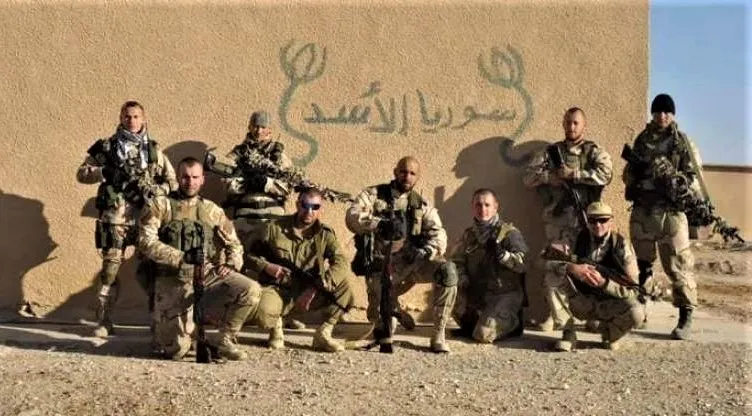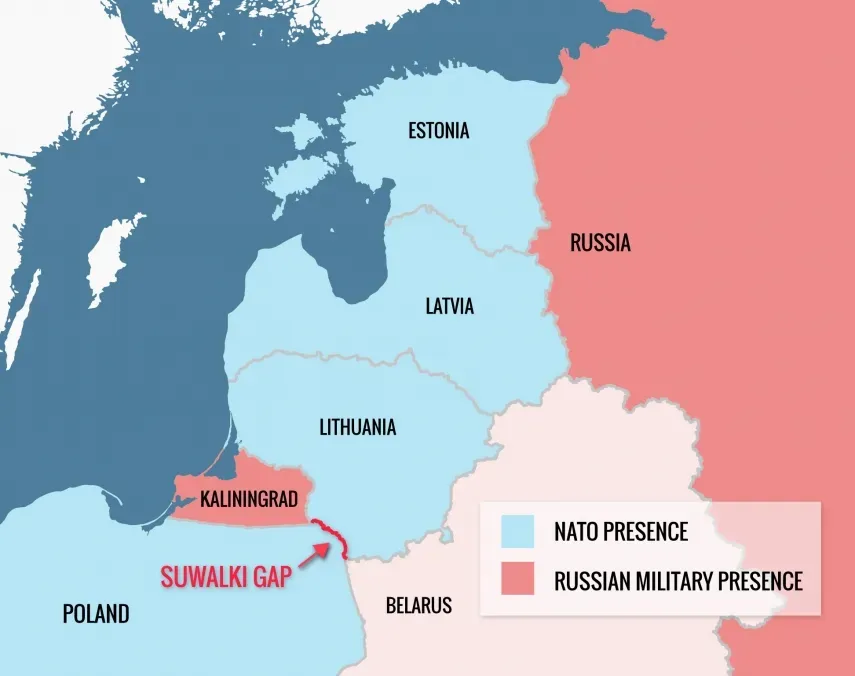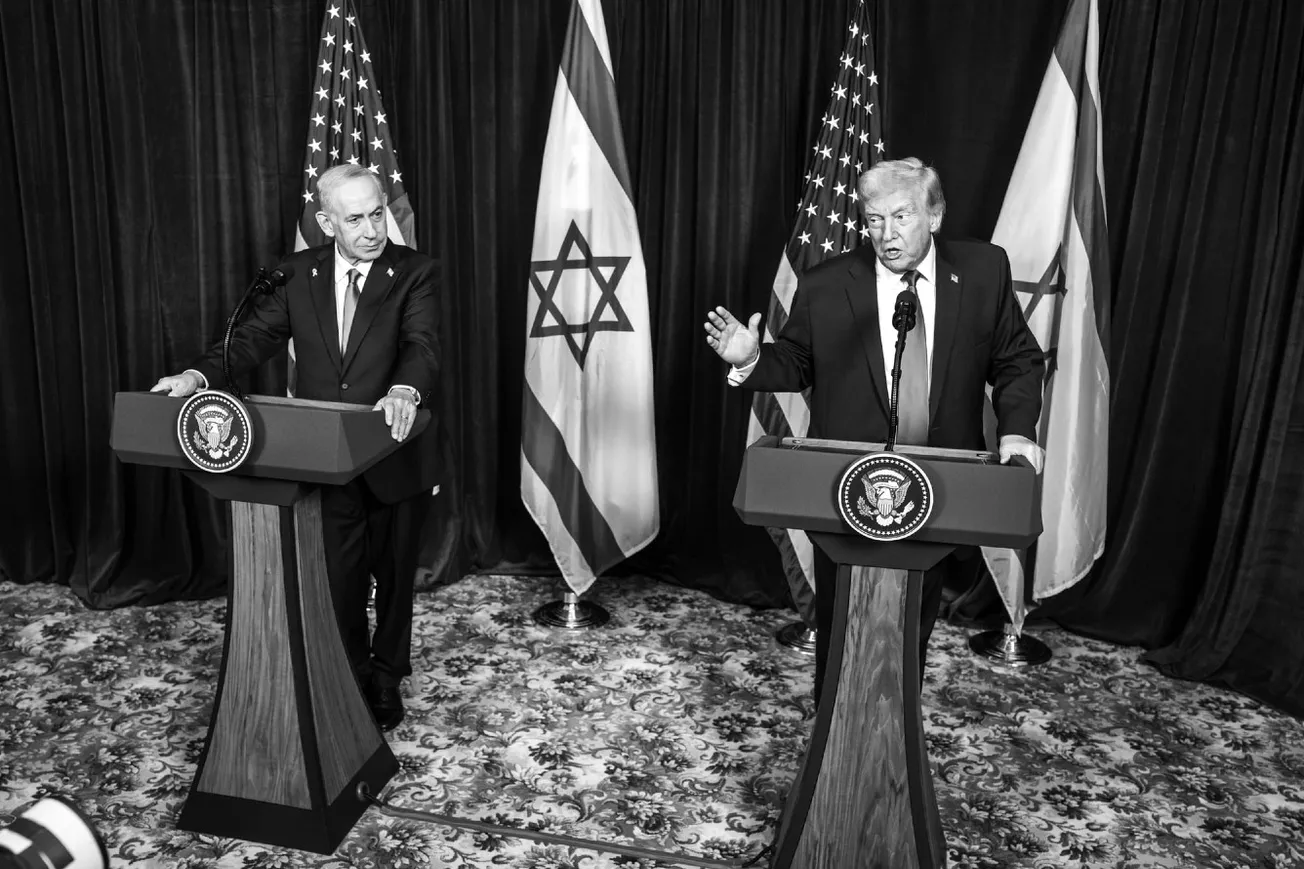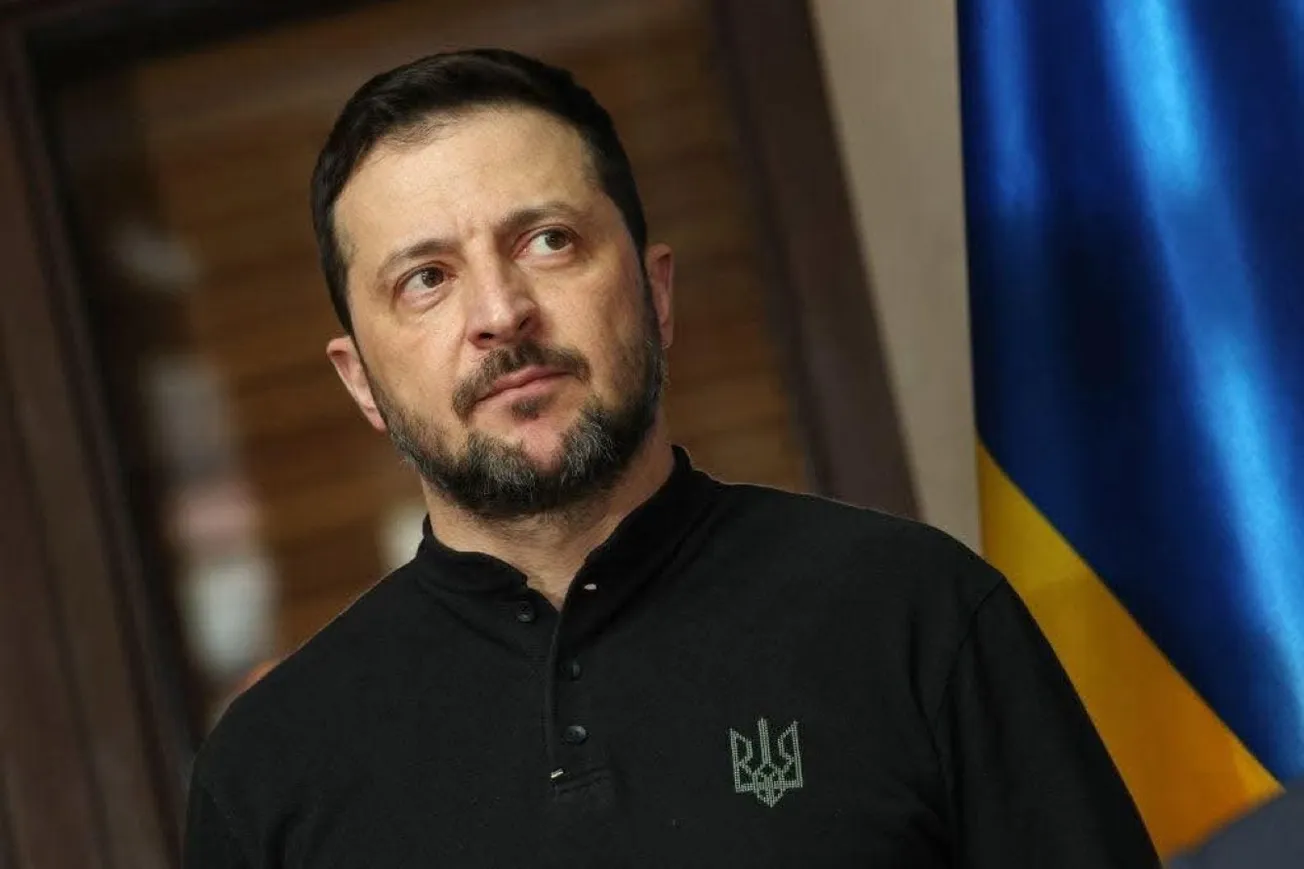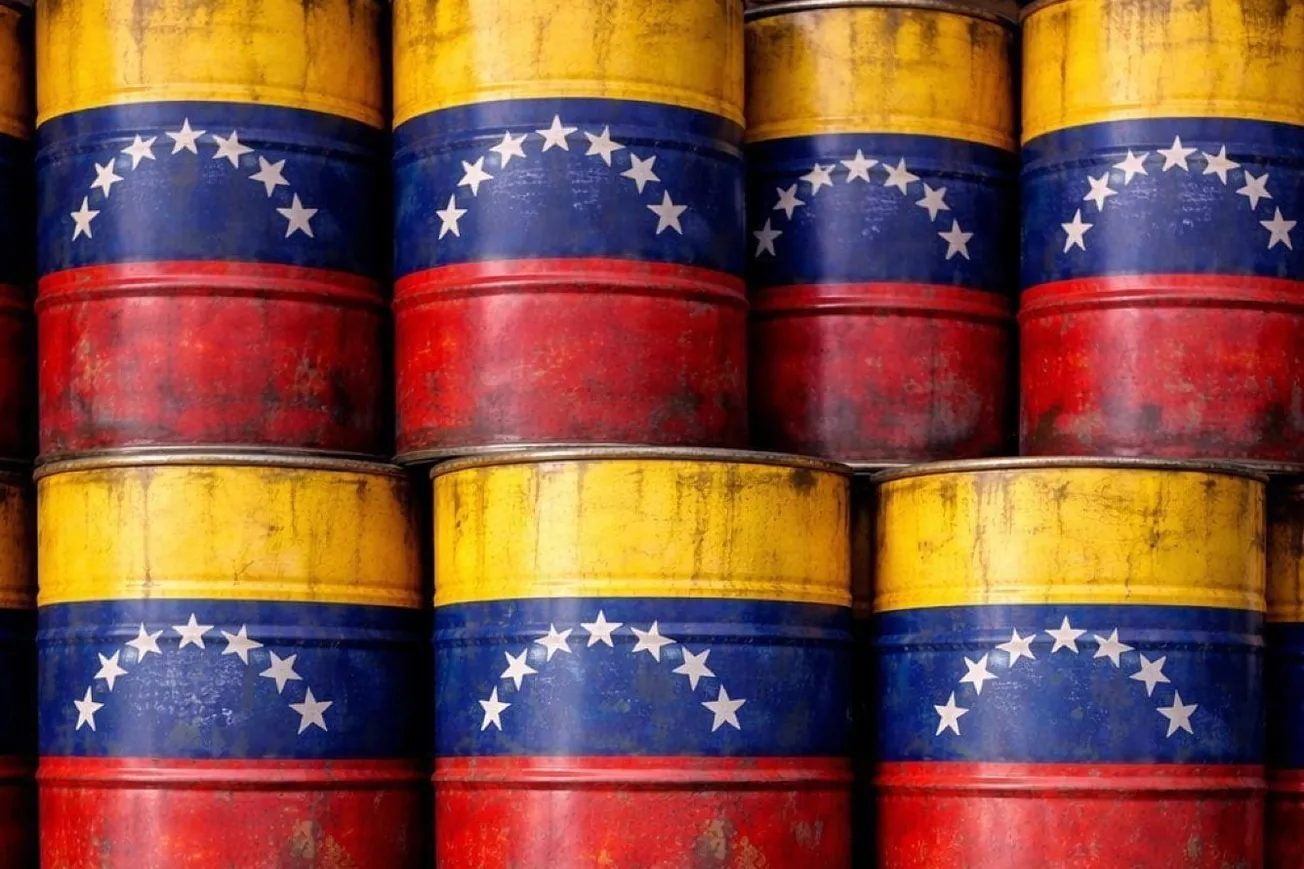Russia, which has the world's fifth-largest military, does not use its forces the same way the U.S. does, despite its claim to be a "world power."
According to David Vine, a political anthropology professor at American University, the U.S. had 750 bases in at least 80 countries as of July this year.
In comparison, Russia has an estimated 26 to 40 bases in nine countries, mostly former Soviet republics, Syria, and Vietnam.
The United States openly displays its military presence, which is widely welcomed around the world.
Russia uses a variety of tools to flex its hard power ambitions. The use of private military companies (PMCs) is a critical component of Russia's hard power strategy.
PMCs have many potential benefits for the Russian state.
- PMCs may allow the Russian government to deny and deflect accusations of direct involvement in conflicts.
- Because the Russian government does not officially recognize the existence of the mercenaries, it can deny or downplay any Russian casualties while maintaining a military presence.
- Russian PMCs provide the Russian government with a scalable fighting force. They also offer greater flexibility, with the ability to inject or withdraw fighting troops on short notice.
- Using PMCs is less expensive than using conventional Russian forces and requires less logistical support.
In 2018, a BBC investigation revealed the deaths of Russian mercenaries fighting in Syria. There were up to 2,500 members serving there, with officers reportedly earning up to 300,000 roubles ($5,300) per month.
At the request of the host countries, these mobile groups have influenced countries in Africa, the Middle East, South America, and Asia.
Wagner Group is the most well-known and largest PMC.
The Wagner Group
The Wagner Group was said to have been founded by Dmitry Utkin, a former member of Russian military intelligence's special forces brigade, the GRU.
According to media reports, Dmitry Utkin's call sign was Wagner, which he received due to his admiration for the Nazi regime, which appropriated the composer's work to support its vision of Germany.
Wagner made its presence felt first in Russia's military takeover of the Crimean Peninsula in March 2014 and then in the pro-Russian insurgency that erupted the following month in Ukraine's Donetsk and Luhansk regions.
It is unknown how the organization is run and funded.
The group reportedly has offices in Argentina, St. Petersburg, and Hong Kong.
According to some media reports, the GRU secretly supervises it.
Yevgeny Prigozhin, a former hot-dog seller turned billionaire restaurateurdubbed "Putin's chef," owns the Wagner Group via Prigozhin's holding company, Concord Management and Consulting.
Prigozhin, a member of Putin's inner circle, has denied it. The former penniless convict ended up becoming one of Russia's most powerful men.

The U.S. government has sanctioned Prigozhin, the Wagner Group, and related individuals and entities for Russia's invasion of Ukraine, U.S. election meddling, and support for Sudan's former government.
The Wagner Group's operators are mostly Russian ex-special forces personnel (Spetsnaz). They also include Belarusians, Moldovans, Serbians, and Ukrainians.
Wagner Group had 1,000 members in early 2016, which grew to 5,000 by August 2017, and 6,000 by December 2017.
Wagner's Playground
Wagner is active in many conflict-torn countries. They are typically deployed in war zones to perform tasks such as providing security or conducting targeted attacks.
The Wagner Group has been instrumental in assisting Russia to achieve its military goals in Ukraine, Sudan, Syria, and Libya.
According to a confidential United Nations report and Reuters, the Wagner Group had up to 1,200 people deployed in Libya in 2020, strengthening the forces of eastern-based military leader Khalifa Haftar. The report stated that the Wagner Group used equipment generally reserved for Russia's armed forces.
Wagner has also operated in Madagascar and the Central African Republic (CAR). In 2018, three Russian journalists investigating Wagner's involvement were killed in the Central African Republic.
Wagner has grown now to have a presence in the entire African continent, where the group is reportedly involved in conflicts by training armies and operating mining and cybersecurity businesses.
Sudan, the Central African Republic (CAR), Zimbabwe, Angola, Madagascar, Sudan, Guinea, Guinea Bissau, Mozambique, and (most likely) the Democratic Republic of the Congo are African countries with a Wagner presence.
Recent Mali Activity
Germany and France are concerned about Russian mercenaries in Mali, according to a recent Deutsche Welle (D.W.) article.
According to reports, Mali's government is planning a paramilitary operation with the Wagner group.
Authorities in Mali and Russia are said to be close to reaching an agreement in this regard.
The presence of approximately 1,200 Wagner military personnel in Mali could be an attempt to show France, Mali's former colonizer, that Mali has other options for allies in its fight against the Islamic State Sahel.
Germany and France will withdraw their military personnel from Mali if the Wagner Group and Mali reach an agreement.
The withdrawal of French and German forces and their replacement with Wagner Forces could lead to a situation similar to that seen in the Central African Republic. A CNN and Sentry.org investigation revealed the Wagner Group was committing multiple war crimes.
As a quasi-extension of the Russian military, the Wagner group can operate largely undetected and face few consequences from the Russian government if they commit crimes such as the unlawful killing of civilians, extortion, and other malicious acts.
Despite its tiny size, Wagner's military veterans can support authoritarian regimes and governments while defending Russian economic interests like oil, rare earth resources, and possible political partners.

